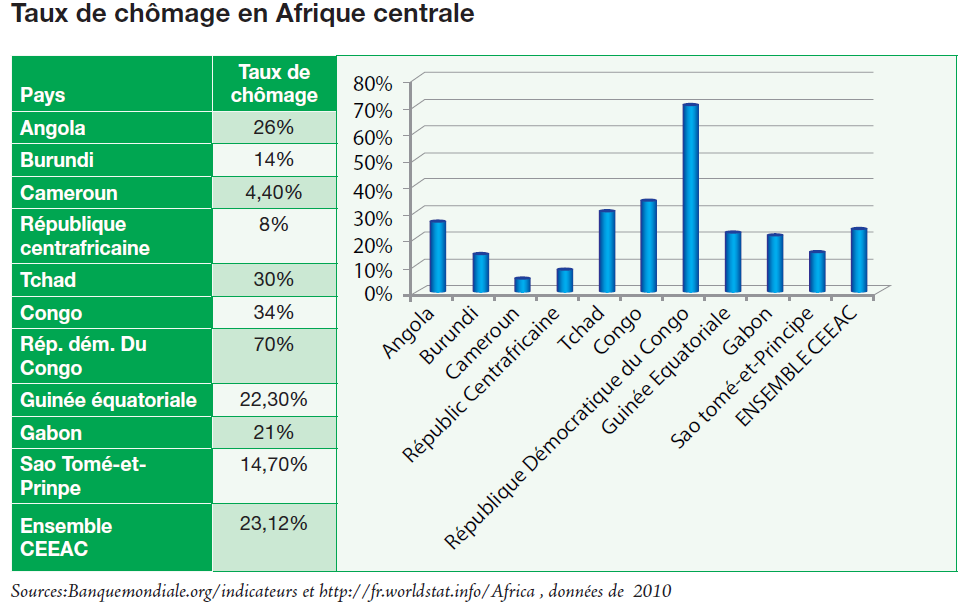See original article and previous comments.
To my TP colleague: a comment on complaints about low pricing and outsourcing to cheap destinations.
A poster was very angry that Greek-English translations got outsourced to a very low paying and low time budget destination. Another further accused people doing this to be settling for Google Translate and later revision by an overzealous revisor.
To my TP colleague: a comment on complaints about low pricing and outsourcing to cheap destinations.
A poster was very angry that Greek-English translations got outsourced to a very low paying and low time budget destination. Another further accused people doing this to be settling for Google Translate and later revision by an overzealous revisor.
Well, someone will say that if a combination of Google Translate and eager
revisor results in a usable translation what the hell? However, this
combination usually fails. Unless the agencies spend less on the translator
just to have the revisor re-translate. It will be a loss for the agency paying
twice for the same job. If they continue to do it (which they surely do to
warrant our complaints), it takes no magic to see they could be satisfied.
The truth is that there are many young and hungry trainees out there, more
eager to acquire experience than make money for now. If they accept such a job,
it must be helpful to them. We must not forget that lowering prices is an entry
strategy for beginners.
Established translators confident of their skill and worth simply ignore
such offers because they have a steady well paying client or two with whom
business is guaranteed (and they can make transfer earnings i.e. enough money
to justify staying in the profession).
Now, in my opinion(which has changed over the past two years because I
used to be very angry with colleagues accepting ultra-low rates), there is
precious little danger to industry prices in general if high end translators
maintain their prices and these low end translations are left to beginners. In
this case, no one will complain about the other. If translators keep
complaining about their colleagues' pricing, we do not expect the outside world
to have greater appreciation or respect for our profession. It gives the
impression that some people want to conspire to cheat clients by imposing
non-market prices (prices not determined by demand-supply interaction).
Unfortunately, these complaints get noticed faster than the quality high
end translators get to offer. Result: the client knows (or thinks) that there
is a place where they can get their translations done cheaply and the expensive
translators are just unhappy about it. Effect: more clients seek out those
notoriously cheap outsourcing destinations.
This scenario seems even more likely because we do not hear many clients
complaining about any bad quality from the very cheap translators (they simply
hush unsuccessful transactions and get their documents retranslated). The net
is awash with complaints about low prices paid to translators but not about low
quality delivered by these translators. A novice client relying on the net to
find a translator will simply conclude as hypothesized above and more work will
go to the low end site.
Like one commenter to this post on LinkedIn said, may be one should just
focus on improving their skills and other translation quality descriptors and
the kind of money we desire and deserve will likely follow. The downward
pressure on pricing also benefits the industry in stimulating creativity
(vendors think of novel ways of outshining rivals, translators think of better
ways of using technology and saving effort, etc,). No good news maybe, except
for people who like to innovate and take on new challenges. Translators should
all be this way.


Comments
Post a Comment